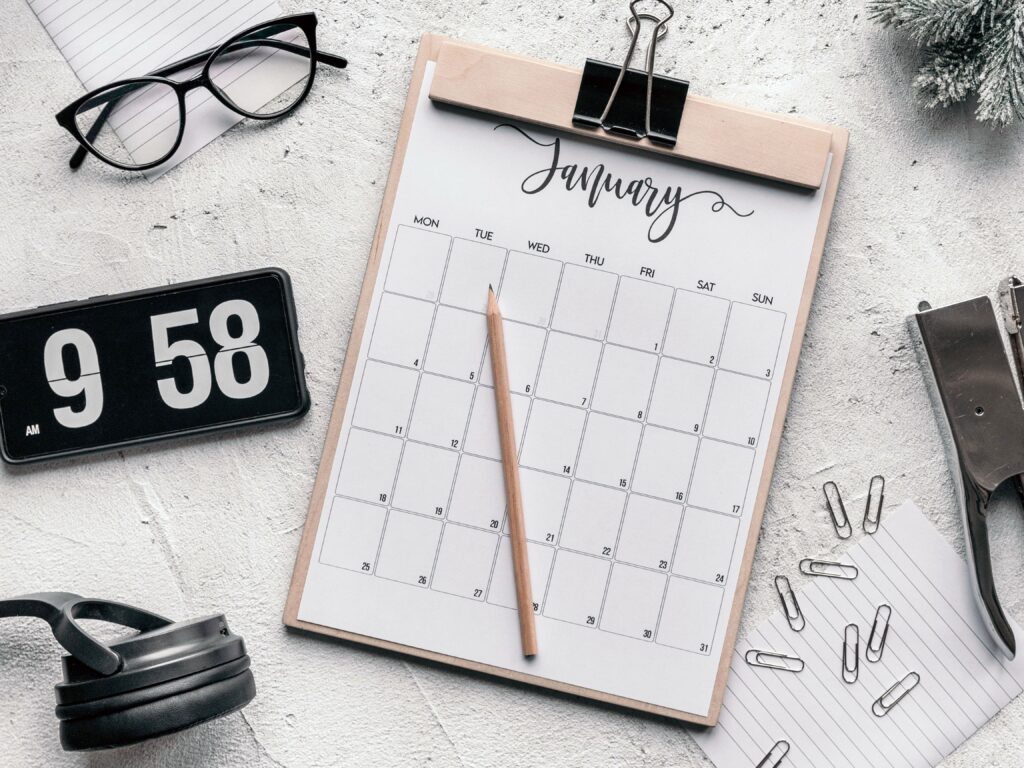Let’s realize the importance of self-discipline together. Self-discipline is the skill of motivating oneself to pursue goals, despite distractions or discomfort. It plays a pivotal role in personal and professional achievements and is often linked to greater satisfaction in life. It’s the power of self-discipline!
Psychology sees self-discipline as essential for long-term goal achievement. Studies highlight its role in academic success, job performance, and personal wellness. It’s often associated with better stress management and higher self-esteem.
Table of Contents
ToggleBenefits of self-discipline
- Productivity: With self-discipline, you’re more likely to prioritize tasks and manage your time effectively. This results in higher productivity and more achievements.
- Better Health Choices: Self-discipline is critical to maintaining healthy habits. It helps individuals exercise regularly, eat healthily, and avoid harmful behaviors.
- More muscular mental Health: Self-discipline strengthens mental resilience by managing impulses and emotions. It helps cope with challenges and reduces feelings of helplessness.
- Financial Stability: Self-discipline aids in budgeting and saving decisions, leading to better financial management and less impulsive spending.
- Achievement of Personal Goals: Whether learning a new skill or losing weight, self-discipline drives you toward your personal targets.
Tips to Improve Self-Discipline
Set Clear Goals
If you’re looking to achieve something, it’s important to define your goals in a way that makes them clear and attainable. One way to do that is by making them SMART – that stands for Specific, Measurable, Achievable, Relevant, and Time-bound. So, take some time to think about what you want to accomplish and try to make your goals as specific and concrete as possible. Then, figure out how you’ll know when you’ve achieved them and set a realistic timeline for yourself. Finally, make sure that your goals are relevant to your overall priorities and that you’re motivated to work for them.
Develop Routines
Establishing daily routines that support goals is a great way to start. When you practice productive behaviors consistently, they slowly but surely turn into habits, making it much easier for you to stay on track.
Manage Your Environment
If you’re struggling to concentrate and complete tasks, a simple solution is to remove any distractions that may be diverting your attention. Try tidying up and organizing your workspace to create a more productive environment. A clean and organized space can greatly improve your concentration and discipline.

Practice Self-Monitoring
In order to achieve your goals, monitoring your progress and holding yourself accountable are crucial. One way to make this easier is by using apps or journals that can help monitor both your successes and areas for improvement. These tools can be super helpful in keeping you on track and motivated!
Learn to Handle Discomfort
So, I think one of the keys to building self-discipline is to get comfortable with doing what’s right, even if it’s not easy. And to do that, you’ve gotta be willing to step out of your comfort zone every once in a while. It might not be the most fun thing, but trust me – it’s worth it in the long run!
Seek Support
If you’re trying to lead a disciplined lifestyle, it can be really helpful to share your goals with friends or family who will support and encourage you along the way. Having a support system in place can make a big difference in achieving your goals and making positive changes in your life. So don’t be afraid to reach out to loved ones and let them know what you’re working towards!
Did you know that being self-disciplined can be a better predictor of success than just having a high IQ? It’s true! In school, disciplined students often achieve higher grades and are skilled at managing their time and resources. So, it’s not just about being smart, but being dedicated and committed that can really make a difference.
The power of self-discipline involves choosing long-term rewards over immediate gratification, not just denying oneself pleasures. It is a learnable skill that improves every part of life.
Watch and Read!
- “The Power of Self-Discipline: 5-Minute Exercises to Build Self-Control, Good Habits, and Keep Going When You Want to Give Up”, by Peter Hollins
- “The Willpower Instinct” by Kelly McGonigal
- “The Pursuit of Happyness”
FAQ
Start by setting small, manageable goals and gradually build up to bigger challenges. Consistency is key.
It helps maintain concentration and perseverance, enabling you to overcome obstacles and make progress to your goals.
Yes, it helps manage anxiety and stress, leading to better mental health and overall well-being.

